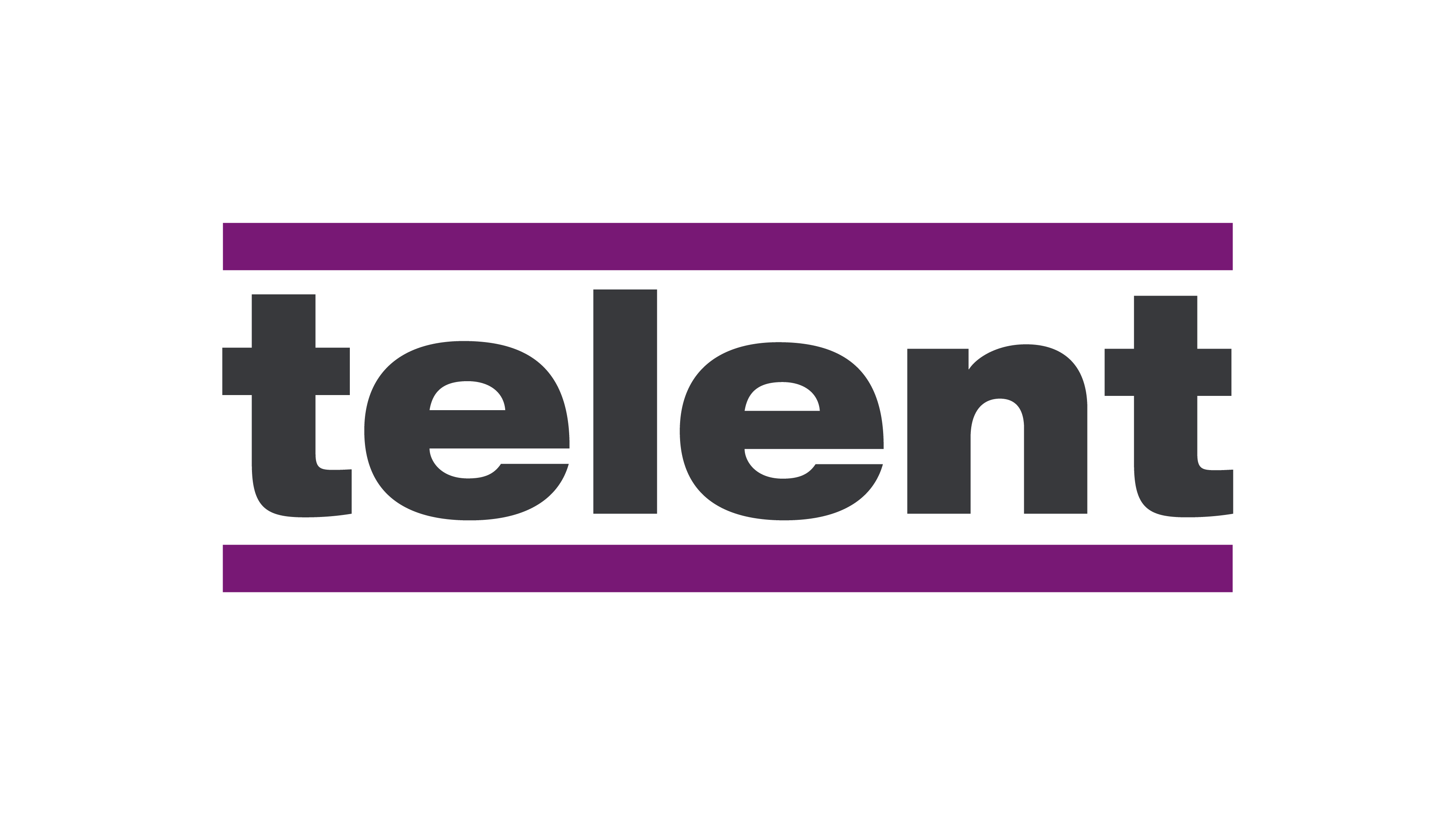As a leading technology company and specialist in the design, build, support and management of the UK’s critical digital infrastructure, we are passionate about innovation that can deliver sustainable solutions and services for Telent and our customers.
Through supplier engagement, we are kickstarting long-term innovation projects to deliver low-carbon solutions on a whole-life basis. In May 2023, over 150 suppliers attended our virtual Meet the Buyer event, with many submitting details of their innovative goods and services to help reduce our customers’ carbon footprint.
Since then, Telent’s Procurement Team has been collaborating with suppliers to explore solutions and work together to deliver our climate ambitions.
Off-grid power solutions from Sunbelt Rentals & Instagrid
With diverse projects spanning the length and breadth of the country often requiring off-grid energy to power site works, we are exploring alternative power sources to provide our critical services to customers with zero onsite emissions. Though fuel-powered generators are a reliable and efficient source of electricity, even the most efficient produce carbon and noise emissions on-site. Whilst often unavoidable, we are keen to explore alternatives that significantly reduce generator usage or eliminate the need altogether.
Through Telent’s Meet the Buyer process, our long-term partner Sunbelt Rentals proposed a new product from Instagrid. Their “One Max” solution offers a truly portable battery power supply capable of powering construction tools, lighting and welfare equipment on a single charge. We collaborated with Sunbelt and Instagrid to conduct extensive trials to evaluate the unit’s capabilities in the field.

We were more than happy to put the prototype units to the test and were extremely impressed by their robust design and high energy density. This is a must onsite, where a constant and efficient power supply is crucial and usually provided by a fuel-powered generator or equipment. The units provided great flexibility, coping with everything from lighting to compaction plates. They were easy to handle and transport, but most importantly, much safer in comparison to handling fuels.
"The trials were led by one of our Installation Teams over a six-week period, covering a range of demanding workloads. Installation Manager Ross Jewess tasked one of our apprentices with evaluating the equipment across different applications and logging all findings for our Green Solutions Working Group.
The units can be transported single-handedly, providing maximum flexibility with a long run-time and high peak power capabilities. For larger applications, units can be combined to meet higher energy needs and power a range of equipment simultaneously.

Sunbelt Rentals were delighted to partner with Telent to thoroughly test the Instagrid One Max in exploration of environmentally friendly technologies. Our joint effort focused on assessing its suitability as a practical alternative to traditional generators, serving 230v and 110v equipment and tools. By collaborating with Telent and the manufacturer, we gained invaluable insights, identified its advantages and features and discovered new potential applications.
"After the first successful trial, we are now looking to introduce the equipment to other areas of the business and also our key sub-contractors to gain further insight. Rhys Griffiths, Responsible Procurement & Sustainability Manager at Telent added: “Partnership and collaboration is key to the innovation needed to meet our climate goals and I could not be happier with the outcome of the trials. Not only are we contributing to new ways of working which promote sustainability but unlocking many other benefits that innovations such as this bring including greater flexibility, safer working and long-term cost savings.”
In 2023, Telent became one of the first UK telecommunications companies to have our ambitious carbon goals approved by the Science Based Targets initiative (SBTi), with a near-term target to reduce our value chain emissions by an average of 50% not later than 2030 and put us on track to a net zero future.

